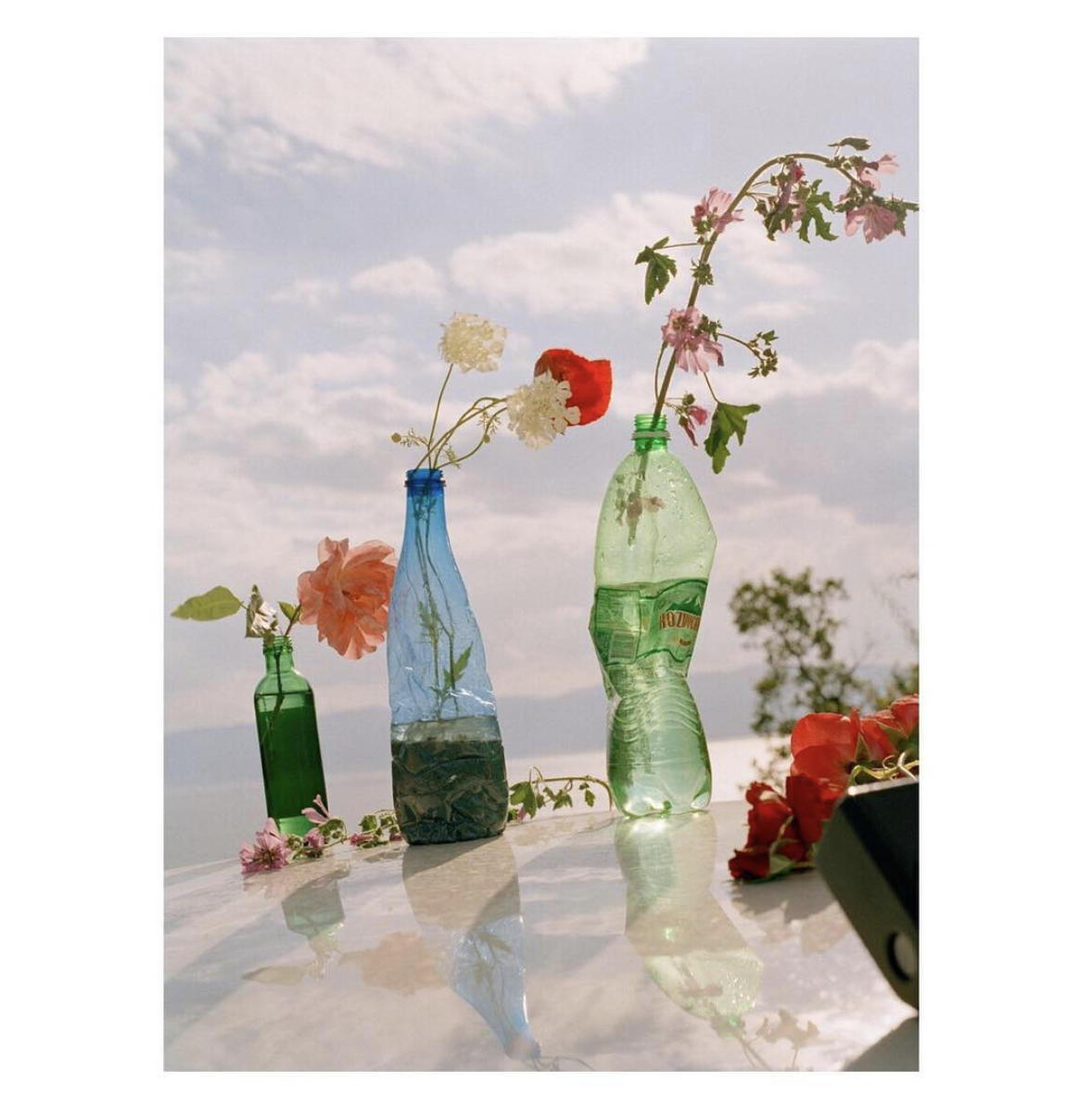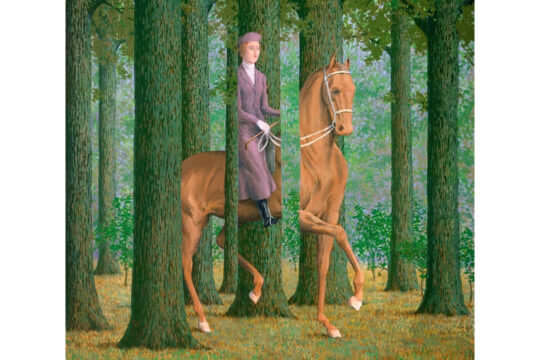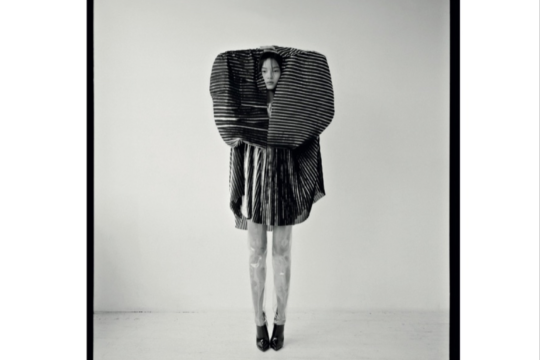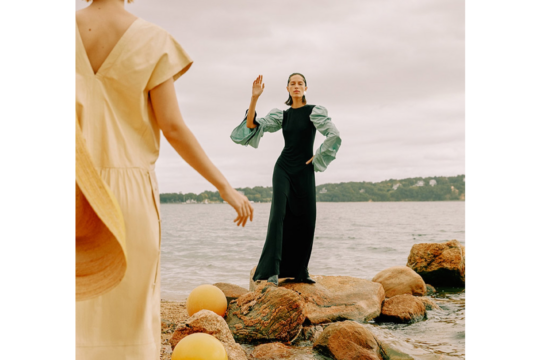
From the series Mountain Black Heart
“I really don’t have a reason to be there apart from that it feels right. It’s an intuition that sits somewhere in the heart,” says Irina Rozovsky
In 1989, a record number of 71,000 Soviet Jews were granted exodus from the USSR after a century of radical changes, fuelled by a wave of anti-semitism. Between 1988 and 2010 over 1.6 million Jews left the territory of the former Soviet Union, most of them settling in Israel but others heading for Germany, Canada, Australia, and the United States.
Irina Rozovsky was seven years old when her family fled from Russia to America in 1988. “It’s ironic in retrospect,” she says. “The USSR was a closed up place where Jews were discriminated against; in the end we were the ones that got to leave and seek out a better life. It was like winning the lottery.”
Rozovsky, now 37, lives in Georgia, US, with her husband and two-year-old daughter. “In my work I’m always circling back to the beginning of things, which for me is leaving one place and settling in another, adapting to a new life,” she says. “My photographs are not autobiographical, but I guess that history and the search for the familiar echoes in how I see. Not being able to see the place that you remember, I think that drives my photography.”
Her projects are often defined by their location; Rozovsky has travelled through the US, Russia, Cuba and Israel to produce her work. Her latest, Mountain Black Heart, was made in the countries of former Yugoslavia. It all started in 2014, when she attended a photo festival in Zagreb, Croatia. “Something clicked for me there,” says Rozovsky. “I was so struck. I felt that the place was really familiar, but also wild and unexplored.”
Over five years Rozovsky made several trips back to the region, travelling by car and bus through Montenegro, Serbia, Macedonia, and Bosnia and Herzegovina. She finds it hard to translate how she felt into words, but says she experienced a deep connection to the place – partly to do with her own heritage, which meant she understood some of the language, but also because of the region’s history as a former socialist state broken up by a war.
“That kind of speaks to me, I feel tied into that history,” she reflects. “It’s both disturbing and reaffirming to be in a place that’s gone through devastating turmoil; to see children laughing, flowers growing, sun shining. It’s a powerful endurance that I want to come through in my photographs, that I feel in this place and its character.”
-BJP
Knowledge is power
Join our mailing list and as well as keeping you informed on all things Moonman, you can subscribe your calendar app to our art and fashion event diary.


